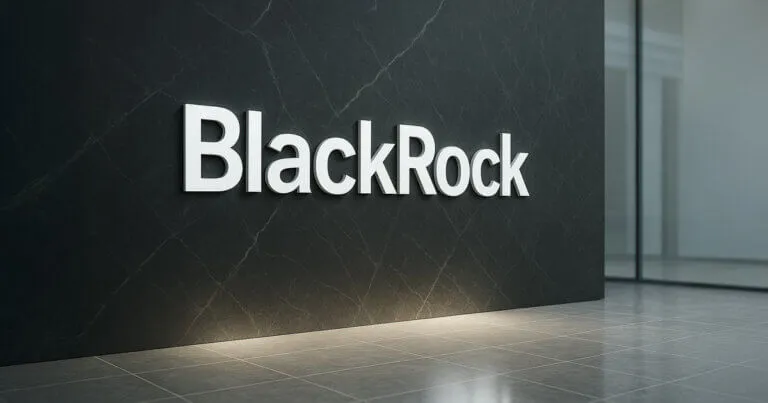
BlackRock Proposes Ethereum ETF Staking, Awaits SEC Approval
BlackRock has filed a request with the SEC to approve the addition of staking functionality to its Ethereum ETF, aiming to maximize returns by using held ETH to validate transactions on the Ethereum blockchain. This move comes as other Ethereum funds are also seeking similar approvals from the SEC. Investors will closely watch the SEC’s decision in October, as the crypto industry is evolving, with significant potential for staking returns.

BlackRock Proposes Ethereum ETF Staking, Awaits SEC Approval
1. BlackRock And Ethereum ETF: A Breakthrough With Staking Functionality
BlackRock continues to expand its influence in the cryptocurrency sector through its Ethereum ETF. Recently, the company filed a rule change request (19b-4) with the U.S. Securities and Exchange Commission (SEC) to include staking in its iShares Ethereum Trust (ETHA) ETF.
Launched last July, BlackRock's Ethereum fund is currently traded on Nasdaq and has attracted a substantial amount of investment. Adding staking to the fund would allow ETHA to earn additional profits by using ETH to validate transactions on the Ethereum network, thus generating staking rewards. It is expected that the income from staking will be considered income for the fund.
2. Why Is Staking Important For Ethereum Funds?
Incorporating staking into Ethereum funds will provide investors the opportunity to enhance returns from the fund, in addition to benefiting from the appreciation of Ethereum’s value. Staking helps validate transactions on the blockchain, and the rewards from this process can be distributed to participants, such as ETF funds.
Besides BlackRock, other major firms like Fidelity, Grayscale, and 21Shares are also seeking SEC approval to add staking functionality to their funds. These funds have garnered significant attention from investors, recording over $2.3 billion in investments in just one week.
3. Benefits And Risks Of Staking
Adding staking to Ethereum ETFs is not without controversy. While investors are optimistic about increasing returns from staking rewards, there are concerns regarding security and market manipulation. Staking requires investors to lock their ETH into a network to validate transactions, which could lead to increased volatility or negative market impacts if issues arise.
4. Key Decisions Ahead From The SEC
In early October, the SEC will make its final decision on whether to approve the requests to add staking to Ethereum ETFs. If approved, this would represent a major breakthrough in the development of cryptocurrency investment funds, especially for Ethereum, the second-largest cryptocurrency by market capitalization.
Additionally, the SEC will also review similar requests from other companies like Cboe and NYSE in the coming months. This change could open up new investment opportunities for cryptocurrency ETFs in the near future.
5. Conclusion
BlackRock and other major companies seeking approval to add staking to their Ethereum funds signal the growing strength of the cryptocurrency market. Investors may look forward to significant advances in optimizing returns from Ethereum funds; however, this comes with substantial risks regarding security and market stability. The SEC’s decision in the coming months will be crucial for the future of Ethereum ETFs.